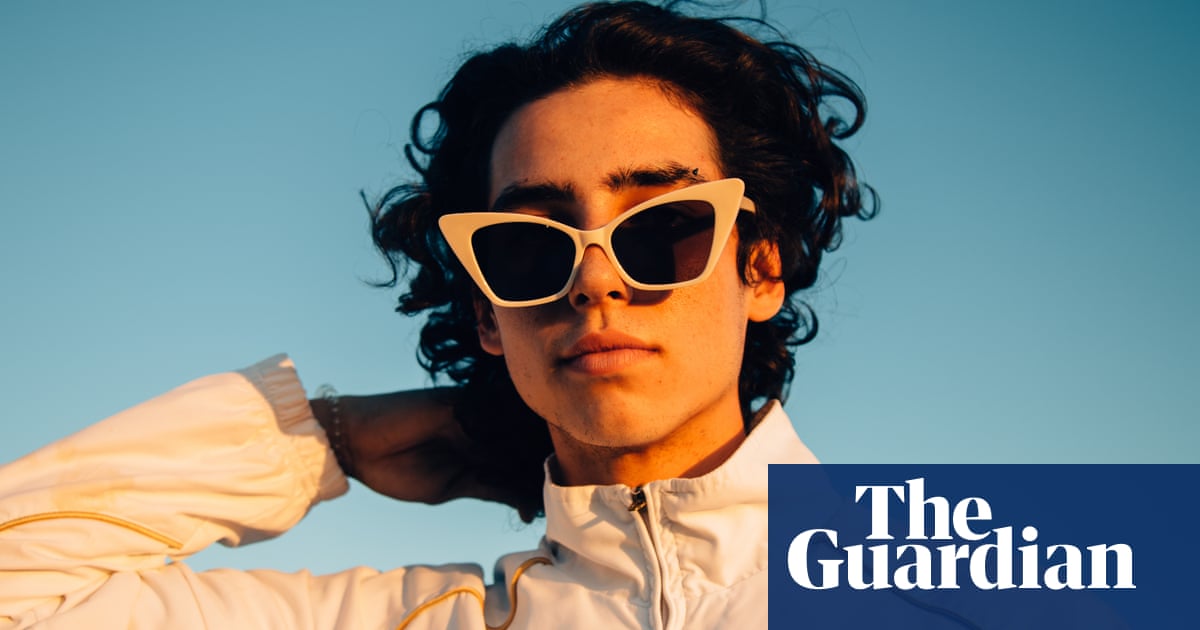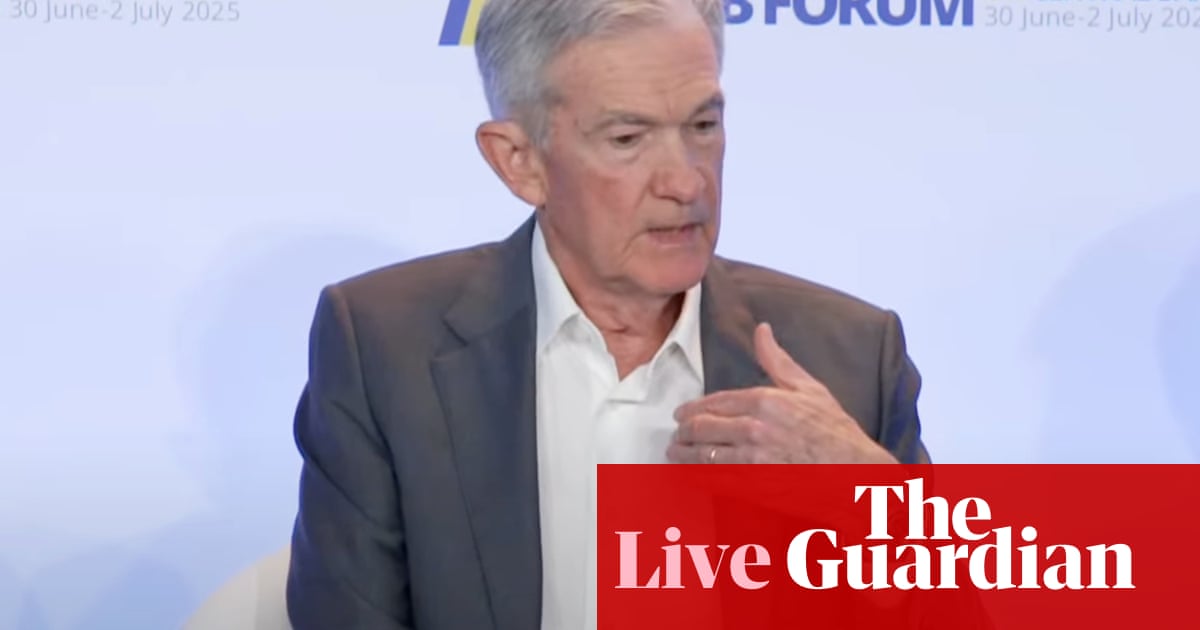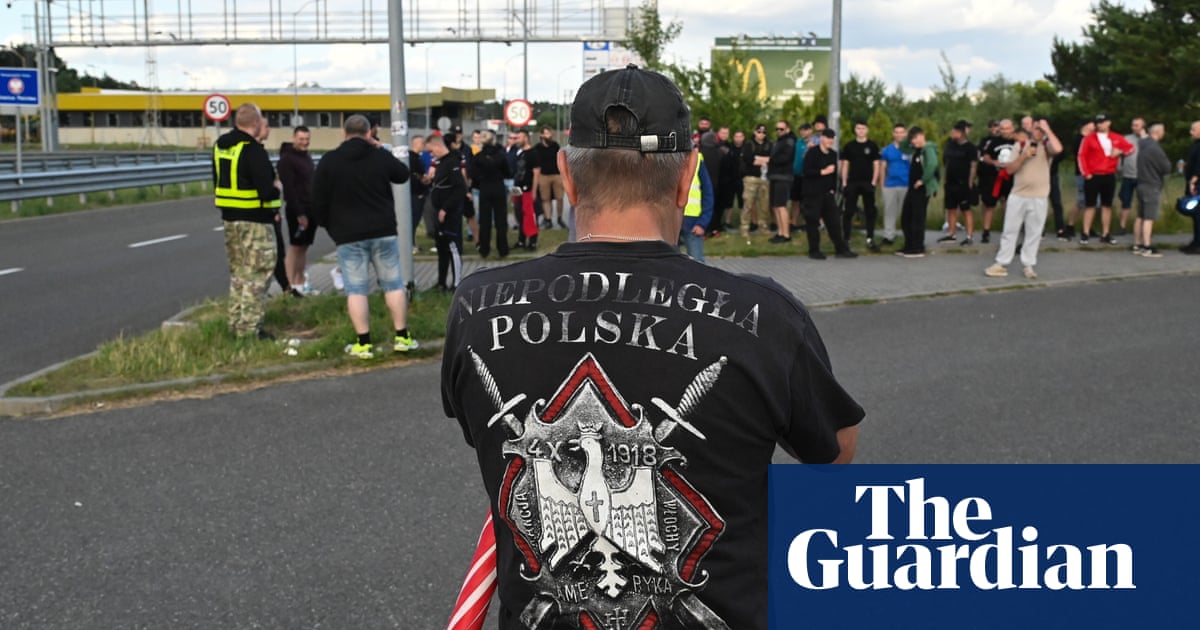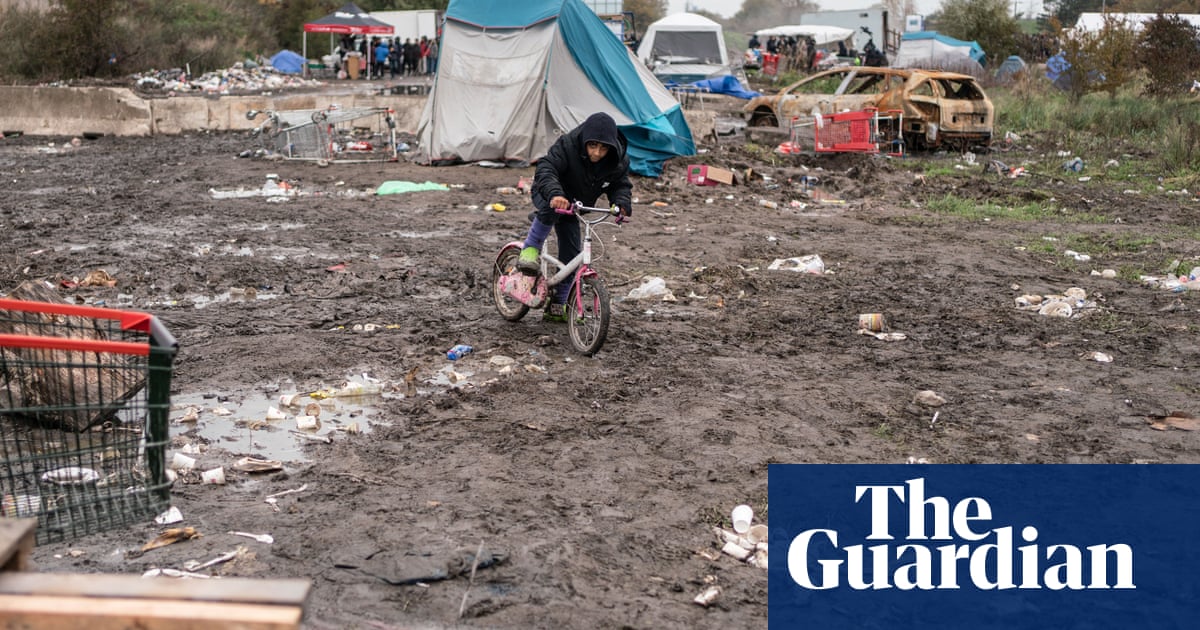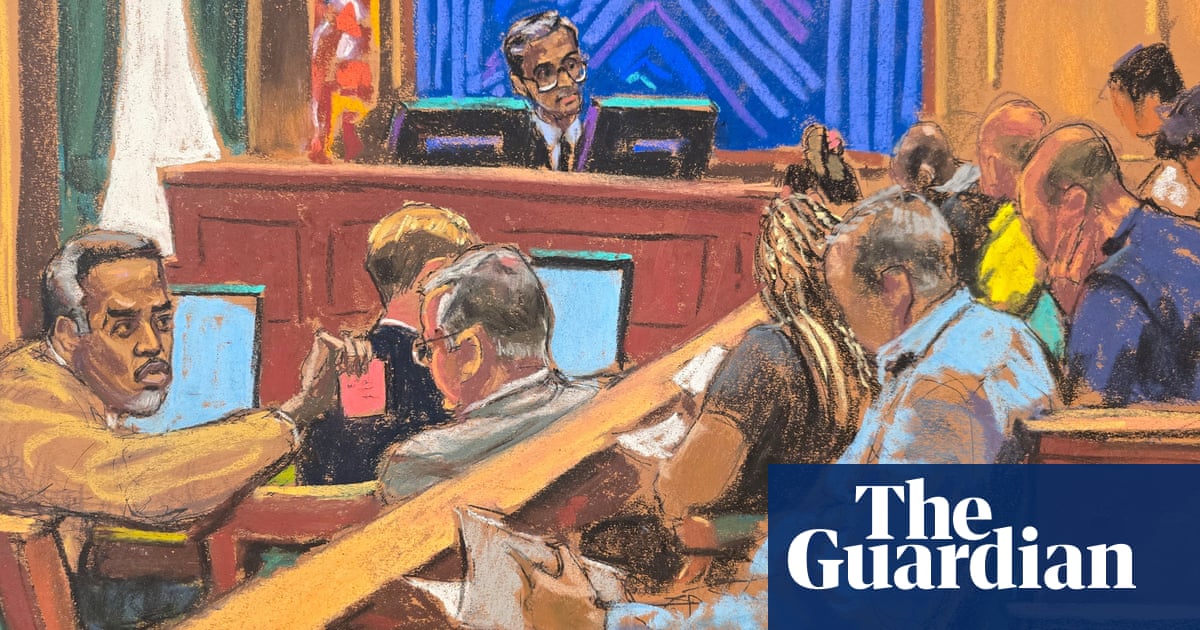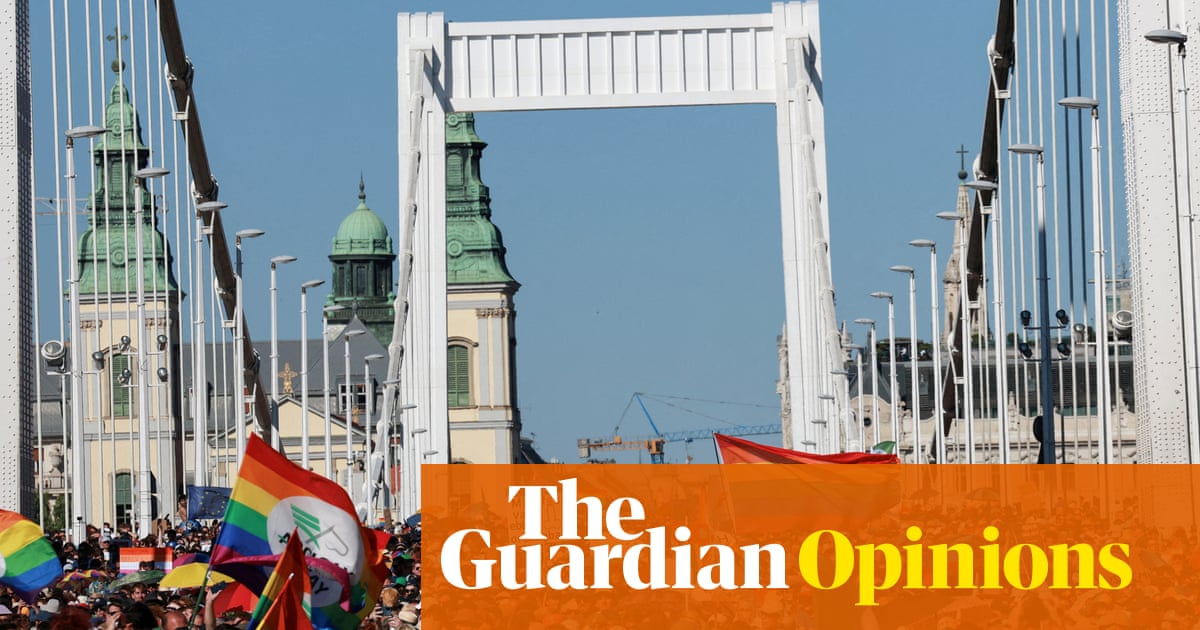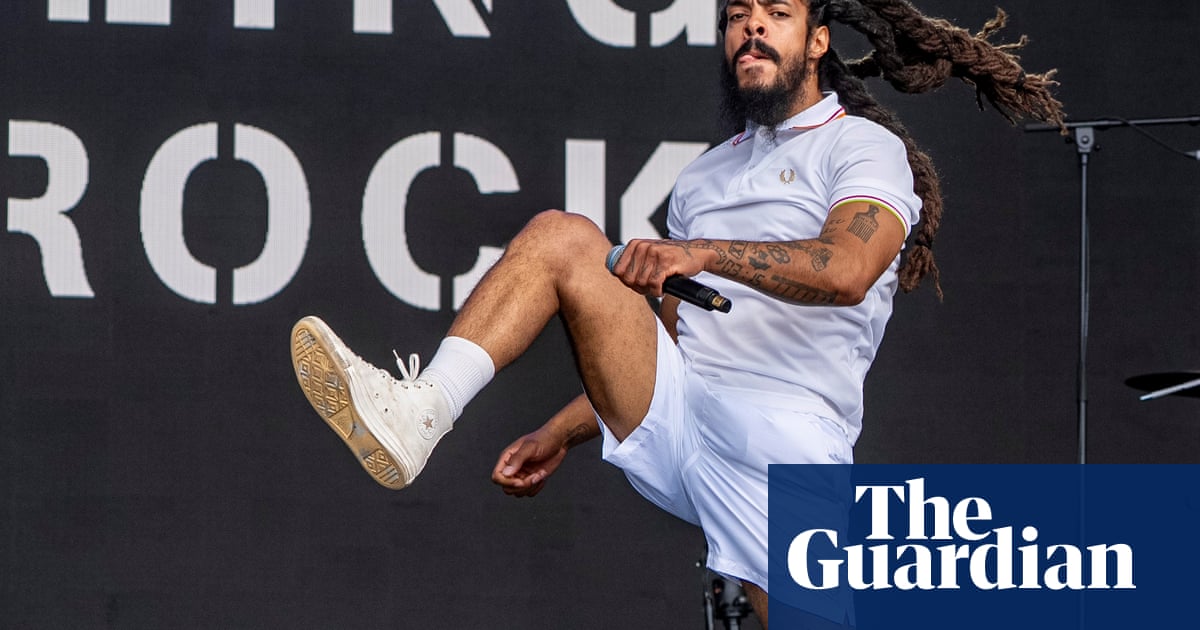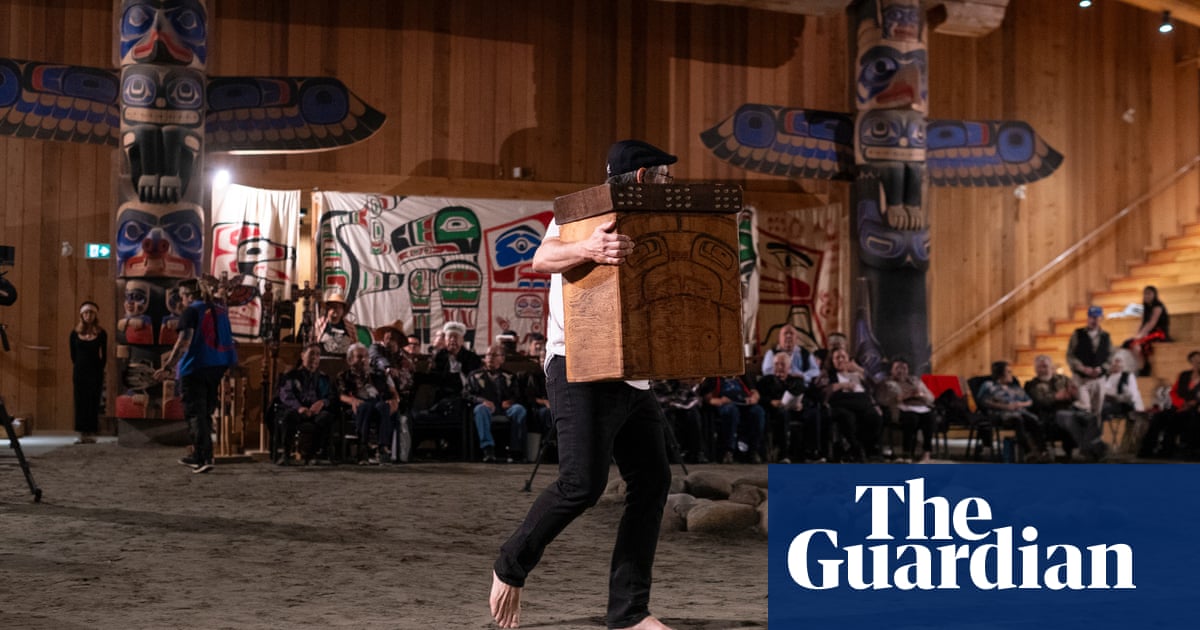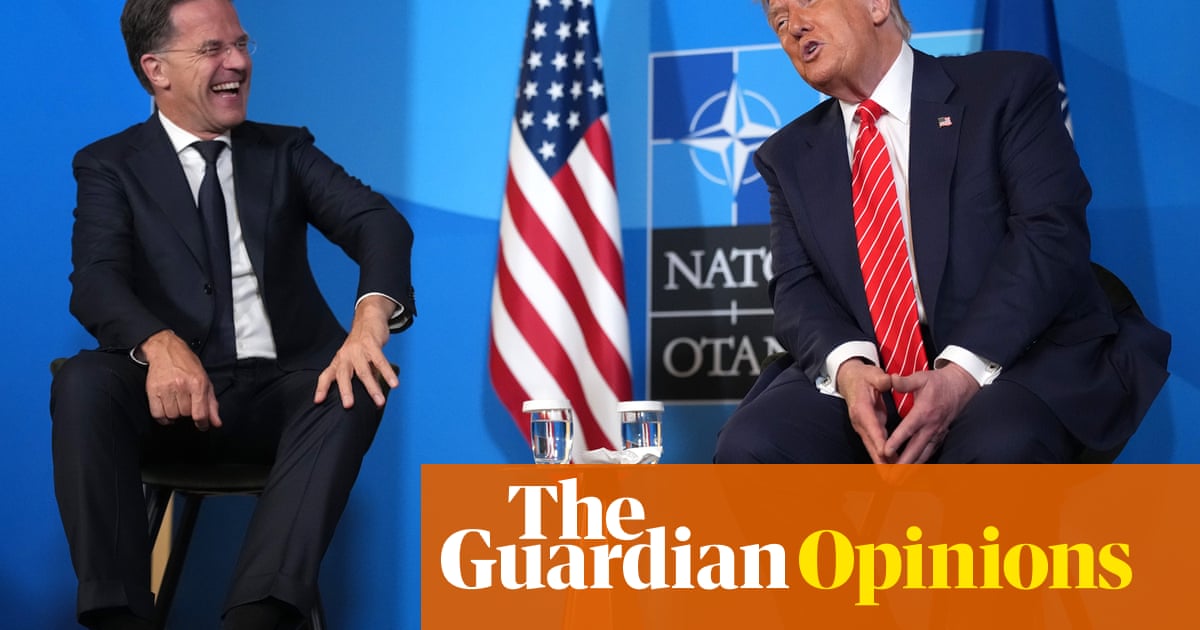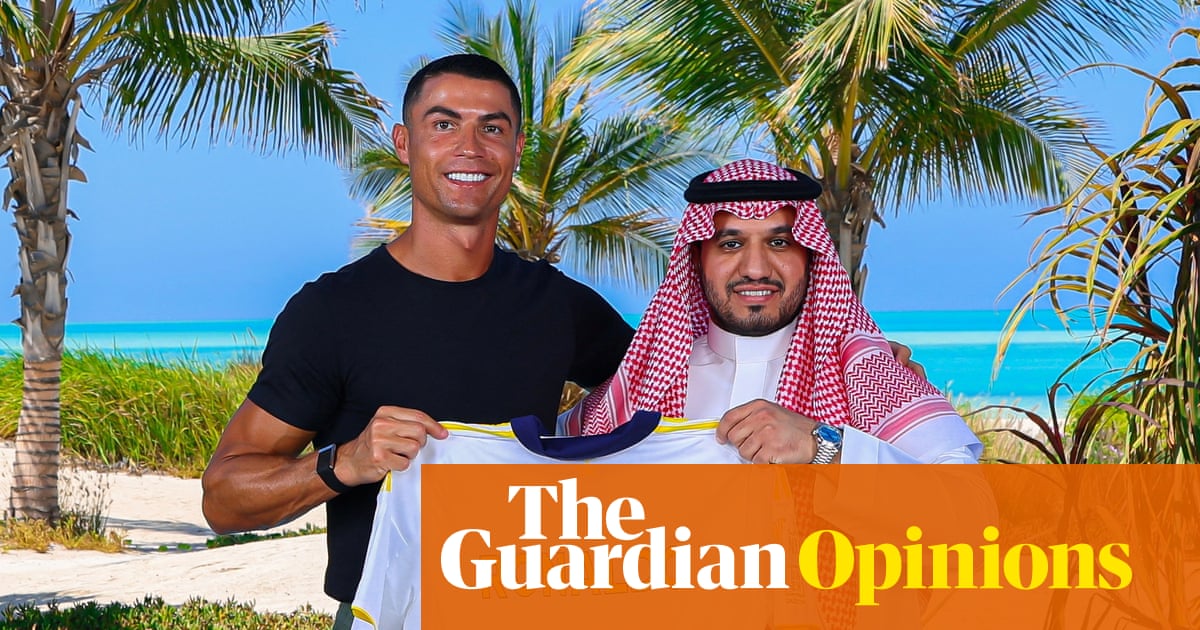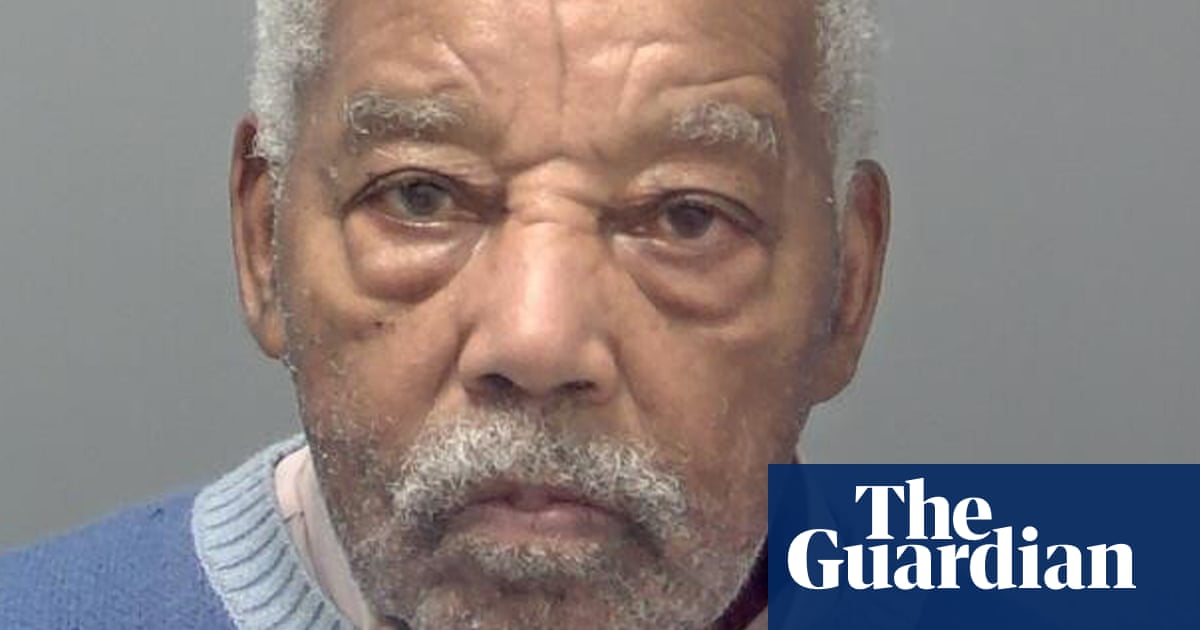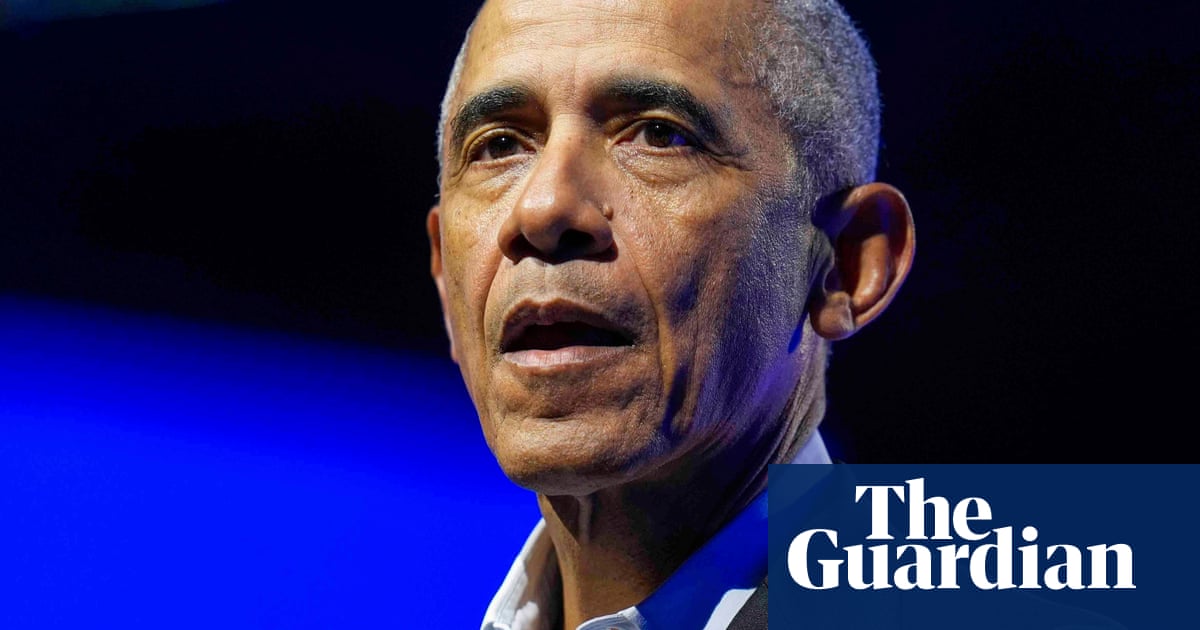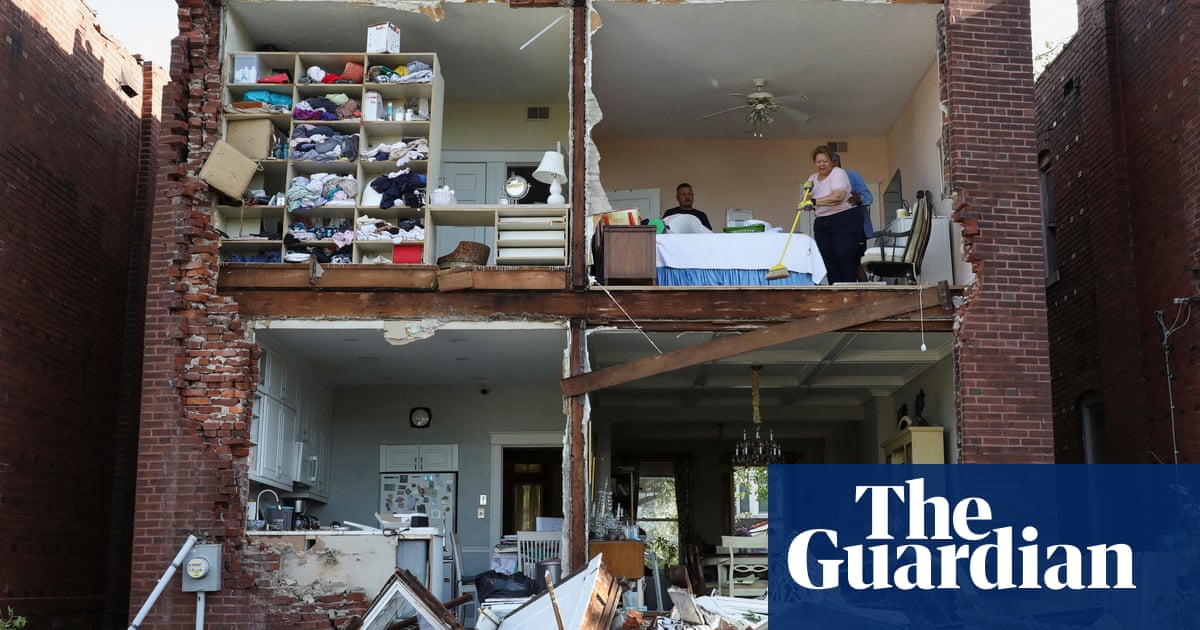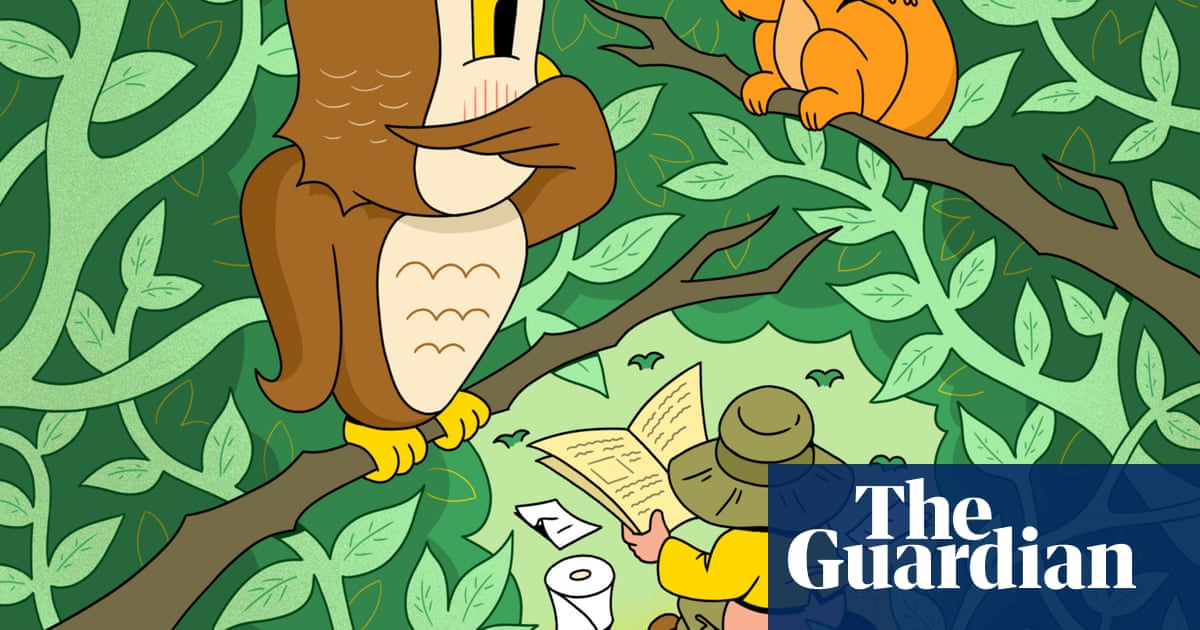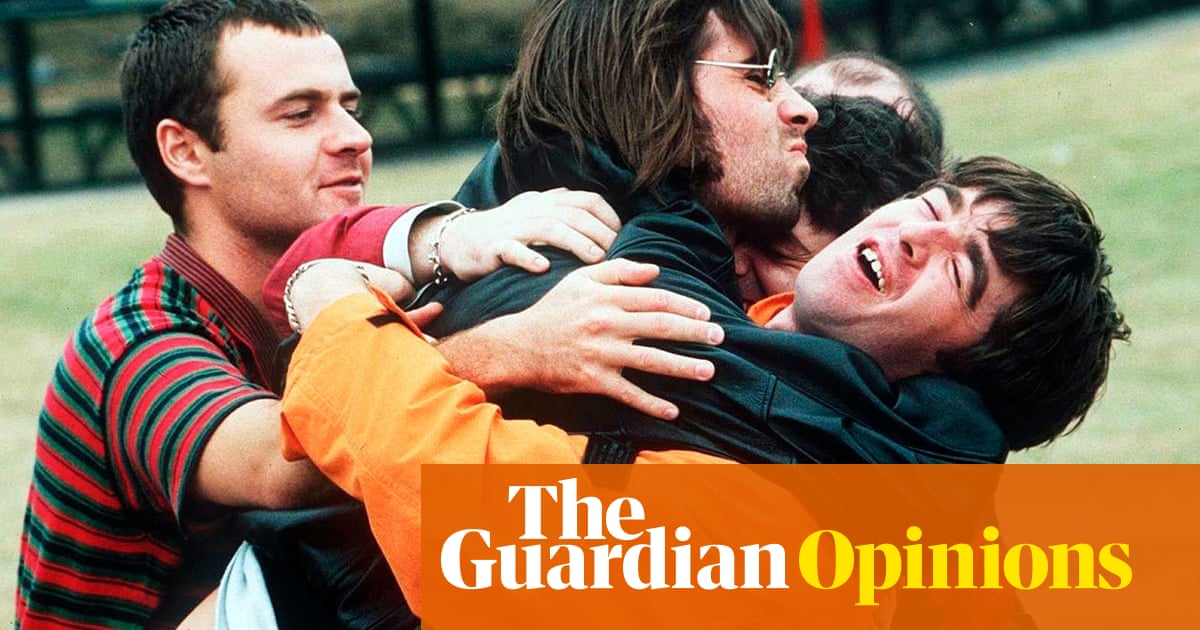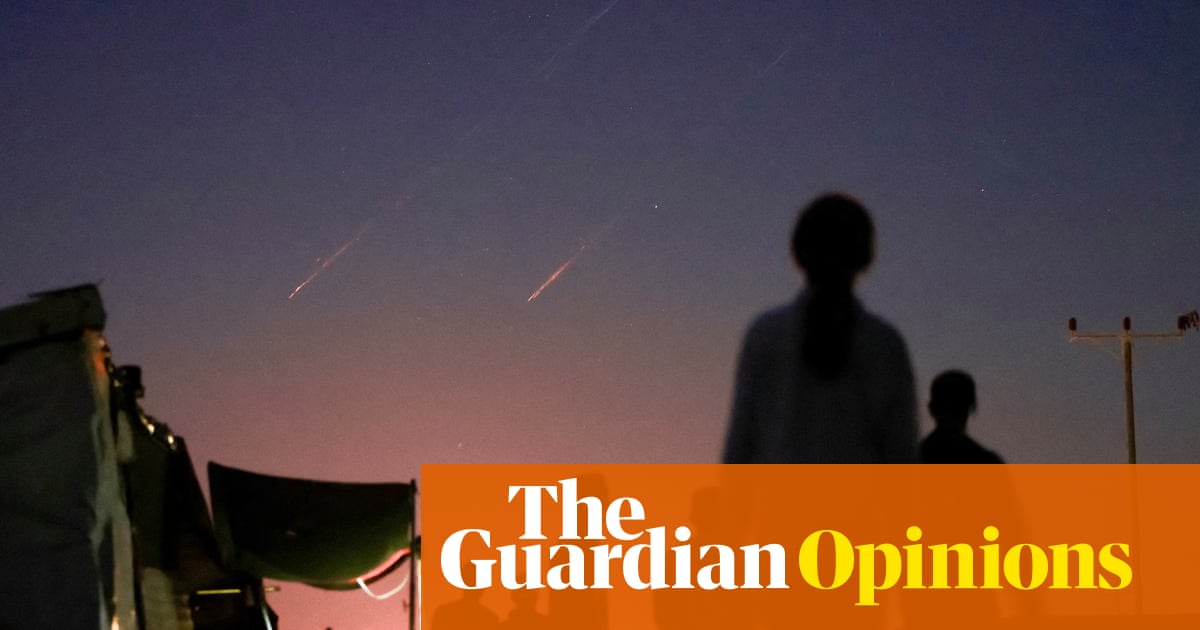The trouble started with a dead cat. For years, the people of Seibersdorf had lived amicably alongside their most famous resident, more or less. True, there had been an incident when a neighbour complained about the smell of her horses. And yes, there had been rumblings about her lack of community spirit, that she was great at giving orders for neighbourhood events but never pitched in to fry a schnitzel or hang bunting. But for the most part, they got along.
Karin Kneissl was a blow-in from Vienna, an hour north. She had lived in Seibersdorf for more than two decades, moving into a rickety old apartment before buying a house near the central square. She had arrived as a junior diplomat, then became a freelance journalist and later began lecturing on international relations at some of Austria’s most prestigious institutions. For a brief period, she also sat on the town’s parish council.
Then, in 2017, Kneissl became Austria’s foreign minister. It was a sudden appointment and it surprised everyone in town. But when the residents stopped to think about it, it made a certain amount of sense. Kneissl was a true eccentric, the kind of person who was always doing and saying unexpected things. You never quite knew where she would go next, so why not the Austrian foreign ministry?
The cat incident took place just before Kneissl entered office, or at least that’s what Franz Püreschitz, the town’s deputy mayor, remembers. One day, seemingly out of the blue, Kneissl claimed that someone in the town had intentionally killed her beloved cat and, worse, left the poor creature’s remains outside her front door. This, Kneissl said, was evidence that all the townspeople had turned against her. Everyone knew about her love of animals. She had chickens, dogs, cats and a small stable of ponies. Nothing appeared to make her happier than spending time with them. Now one of them had been targeted, she said.
Kneissl never spelled out her suspicions about the killer’s motive, but Püreschitz assumed she might have thought it was due to her recent association with the far-right Freedom party. If that was her thinking, it didn’t make much sense: many in Seibersdorf voted for Austria’s conservative and far-right parties. There was no conspiracy against her, said Püreschitz. “It was clearly an accident; we’re not cat killers,” he told me as we stood outside Kneissl’s old front door last year, an expression of disbelief on his face.
Kneissl is not someone Püreschitz, or many other people in the town, relish being connected with. These days, she is best known for having invited Vladimir Putin to her wedding in 2018, where she proceeded to dance a waltz with him. Up to that point, during her year or so as foreign minister, Kneissl had been widely viewed as a rather marginal figure, given little power by the chancellor. Now, having been captured on camera dancing with an authoritarian leader, she was an international embarrassment.
By the middle of the following year, she had left office, and soon after that, she moved to France, then to Lebanon, before finally settling in Russia, where she now heads up the Geopolitical Observatory for Russia Key Issues (Gorki) at St Petersburg University. She regularly appears on Russian state media, where she has declared that the EU is suffering from “the collapse of all rule of law” and, recently, that Russia has won the war in Ukraine. She is an admirer of Putin, who she described in a 2023 interview with the BBC as “the most intelligent gentleman, with the focus on gentleman – and I’ve met a few”.
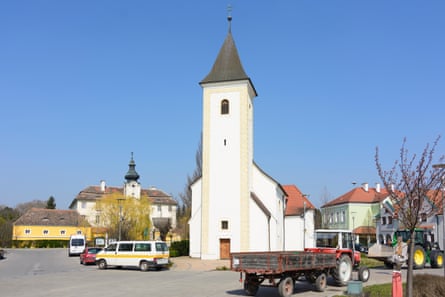
One reason that Kneissl’s story is so embarrassing for Austria is that it draws attention to the country’s long-term, highly lucrative relationship with Russia – which, even three years after the full-scale invasion of Ukraine, remains closer than many outsiders might expect. The Alpine nation of 9 million, whose constitution commits it to neutrality in international affairs, likes to see itself as a mediator between east and west. To critics, this is an excuse for pursuing its own self-interest. “They do not understand why they should change anything, because everything works perfectly for them,” said Anton Shekhovtsov, director of the Centre for Democratic Integrity in Austria, which monitors the influence of authoritarian countries. “They are waiting for the war to end to go back to business as usual with the Russians.” While Austria has backed the EU’s sanctions, Russia remains its second largest supplier of foreign direct investment, according to data from 2024. Austrian enterprises, such as Raiffeisen Bank International, have only recently begun to reduce their operations in Russia, lagging behind competitors such as the UK’s HSBC and France’s Société Générale, who swiftly exited the Russian market in response to the invasion.
Still, Kneissl’s move to Russia was not inevitable, and seems to have as much to do with the peculiarities of her own character as it does with any deep ideological alignment with the Kremlin. Throughout her career, Kneissl has seen herself as a misunderstood, underappreciated figure who has been persecuted for her independence of mind. In Russia, she has found the respect that she seems to have long felt she is owed.
A former friend of Kneissl’s told me that they still think of her with some sympathy, remembering the ambitious person she once was when they joined the foreign ministry together in 1990. “She seems a very sad person, someone not happy with how life has gone,” they told me. “She wanted to be a brilliant person who everyone likes, to be invited to give lectures at important universities. I don’t think she wanted to be an outcast.”
When I approached sources in Austria and beyond for this story, most responded begrudgingly. “She makes us a laughing stock,” a former friend and foreign policy expert said. But when people got into the flow of conversation they often got swept up in their memories. Kneissl’s supreme confidence, her extraordinary belief in her own abilities and her inability to be embarrassed by her own behaviour still managed to take people’s breath away. (Kneissl declined to be interviewed for this article.)
When she first set foot in the Austrian foreign ministry in March 1990 as a junior diplomat, Kneissl had grand ambitions. The daughter of a pilot, she had spent a part of her early childhood in Jordan, where her father flew for King Hussein. Back in Austria, she yearned for a future to be old enough to return to the region.
These childhood years were not always easy for Kneissl, but she found solace in her love of animals. Not long ago, she spoke movingly about her childhood connection with a boxer dog that her father brought home. “I was the one who took care of the dog and the dog took care of me,” she said. “Because when I was 10, 11, 12, honestly, I wouldn’t have made it without this best friend. Whenever there was a problem at school I talked to him, and I knew he would not betray me.”
Kneissl went on to study law and Arabic at the University of Vienna. In her book My Middle East, which was published in 2014, Kneissl wrote that she learned Arabic to understand Lebanon and “why there was a fire in the Middle East”. She wrote that her studies were so intense that people, it wasn’t specified who, told her that she was “much more Lebanese than the Lebanese themselves”. She went on to do a PhD on borders in the Middle East. Her thesis supervisor, Hanspeter Neuhold, remembered her as hardworking and intelligent, as well as somewhat intransigent. When he suggested changes to her work, he told me, “it was not a foregone conclusion that she would do it”.
This unwavering self-belief also struck colleagues in the Foreign Office. Kneissl believed Austria could play a bigger role in brokering peace in the Middle East. Her understanding of regional politics, along with her knowledge of Arabic – how well Kneissl can actually speak the language is contested – quickly led to her being promoted to working on Middle East briefs. Although some colleagues found Kneissl self-important, others warmed to her. “She was interesting, well-travelled, funny and, like all of us young people in there, a bit odd,” another former friend who remains in the ministry told me. The former head of the department for the Middle East and Africa, and former ambassador, Alexander Christiani, was impressed by Kneissl’s intellect, and championed her as she quickly moved up to work with the then foreign minister.
Yet this rapid rise through the ranks of the ministry was not enough for Kneissl. In 1998, she decided to leave the ministry. Walter Gehr, a more seasoned diplomat who would go on to become Kneissl’s chief of staff, said she was “frustrated with the low intellectual level of her work” and “uneasy with all the men around her bossing her around”.
For the next few years, she guest lectured at some of Austria’s key academic institutes on Middle Eastern affairs and wrote commentary for Die Presse, an Austrian daily, though she parted with the paper after editors made corrections to her copy. The quality of her insights was sometimes questionable, but her critical take on the region – focusing on the dangers of political Islam – fitted easily into the conservative politics of the country. In 2007, she published a book, The Spiral of Violence: Why the Orient and the Occident Cannot Get Along, but it did not sell well. During these years, she struggled with money and had to borrow from friends.
Kneissl’s fortunes changed in 2012, with the publication of her book Testosterone Makes Politics. The book argued that a “deep sexual frustration” in Arab men was one of the drivers of the Arab spring, the wave of protests that had challenged many autocratic regimes across the region. The book was not well received by former colleagues and angered some scholars. “Within the small group of Austrian Middle East experts, Kneissl was never taken that seriously,” said Thomas Schmidinger, a political scientist and anthropologist at the University of Vienna. “She explained everything through culture and religion, and in a very simplified way.” But, he said, this is what made her ideas popular. The book generated media attention, including abroad. In an interview with Time magazine, Kneissl explained: “When it comes to international relations, the biological – or, when we talk about hormones, the biochemical – has so far been a little bit underestimated.”
Kneissl’s next book, her 2014 memoir, did not assuage critics who believed her views of the Middle East were reductive. In the book, her commentary can be sweeping and her attitude towards the people she met on her travels is sometimes more reminiscent of a colonial-era adventurer than a modern scholar. Yet in 2015, when millions of people fleeing war and persecution arrived on Europe’s doorstep, and migration from the Middle East became a burning issue in Austrian politics, Kneissl became an increasingly prominent voice. She appeared regularly on the Austrian national public broadcaster, ORF, and became known for her criticisms of Angela Merkel’s decision to allow more than a million asylum seekers into Germany. For TV producers, who were expected to represent both sides of every issue, Kneissl was an ideal choice of pundit. Georg Renner, a former politics reporter in Vienna who interviewed Kneissl on a few occasions, put it this way: “Everybody knew her ideological bias, so you could quite nicely work with her.”
It was around 2006 that Kneissl was introduced to Heinz-Christian Strache, the leader of the far-right Freedom party, by one of her former students, Johann Gudenus, who would go on to be the deputy leader of the party. Strache and Kneissl got along well and Kneissl began to speak at events alongside Freedom party members, always being sure to stress that she was an independent analyst and not a party member.
Although the Freedom party has played a major role in Austrian politics since the 1980s and has formed part of coalition governments, it’s not hard to see why Kneissl would have wanted to distance herself from it. Founded in 1956, it began life as a political home for former Nazis, in a country notorious for its failure to reckon with its dark past. (“As late as 1990,” noted Tony Judt in his history of postwar Europe, “43% of Austrians thought Nazism ‘had good and bad sides’”.) The party’s leader from 1986 to 2000, Jörg Haider, was the child of two devoted national socialists and was notorious for statements that seemed to trivialise the crimes of the Nazis.
From 2005, under Strache’s leadership, the Freedom party attempted to distance itself from its reputation for antisemitism – though it continued to be linked with antisemitic organisations – while campaigning on a similar set of issues to other far-right parties across Europe, attacking immigration, Islam and the EU. And like many European far-right leaders, Strache cultivated warm relations with Moscow. In 2016, he travelled to the Russian capital to sign a “cooperation pact” with the ruling party, United Russia. On that trip, Strache called for an end to international sanctions that had been imposed after Putin’s annexation of Crimea in 2014.
In the general election of 2017, Strache led the Freedom party to its second-best ever performance, winning 26% of the vote. However, the headlines that night were stolen by Sebastian Kurz, the wonderkid with slicked-back hair who, at the age of 31, led the conservative People’s party to victory. The two parties agreed to form a coalition government, with Kurz as chancellor and Strache as vice-chancellor.
Strache’s party would control several key portfolios, including the foreign ministry. His first choice for the top job was Kneissl. “She was not surprised by the offer but not 100% sure whether to accept it,” a close confidant of Kneissl’s at the time told me. Kneissl was uneasy with the more extremist side of the Freedom party, they said. In the end, they said, she took the job to leave her mark on Austrian foreign policy. (“Of course she took it, it was the first regular paycheck she had received in years,” claimed another former colleague.)
In office, Kneissl did things differently. She sent round a memo declaring that the foreign ministry was now a pet-friendly zone, and her two slobbering boxer dogs often accompanied her to work. She would roam around the ministry chatting to everyone from interns to middle management. “She would get involved in parts of the bureaucratic process that a minister would never touch,” a serving diplomat who worked under Kneissl said. “She would get wrapped up in the details of a random memo and elevate it beyond what was necessary.” For some, Kneissl was a breath of fresh air and far more approachable than many of her colleagues. “Initially I was happy to have her back to break up the old boys’ network in the ministry,” an Austrian diplomat told me. Yet she could also be curt and critical towards colleagues. To the diplomat, she seemed different from the “open-minded, liberal” person she had once been. On her return to the ministry, they found her “narrow-minded”, and fixated on career-related grievances.
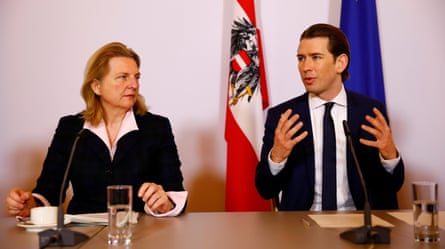
Kurz, the new chancellor, had little time for Kneissl. His inner circle knew that if they needed to lobby Washington or Brussels, they didn’t need an intermediary. Kneissl, in turn, resented being sidelined and proceeded to make moves that were likely to infuriate her boss. She threw herself into establishing better ties with Turkey, knowing that Kurz had been publicly critical of the president, Recep Tayyip Erdoğan.
More than anything, Kneissl wanted to be taken seriously. After a decade of freelance work, short-term contracts and shoddy pay, Kneissl felt she had earned the right to be heard. She was disappointed by what she saw as the lack of intellectual rigour in government, and would often hold up Cabinet meetings by giving long lectures on policy, both domestic and international.
Compounding this disappointment was Kneissl’s feeling that her political peers abroad did not respect her. On a diplomatic trip to France, the French foreign minister didn’t receive her. At gatherings in Brussels, she felt that people went out of their way to avoid her. The Americans would bypass her and go directly to Kurz. Gehr remembers these slights hurt Kneissl deeply. “There was no reason to be so unfriendly to her,” he said. “It was a great mistake by western countries.”
The only place where Kneissl received the warmth she craved was in the east. On a state visit to Russia in April 2018, she discussed Russia’s involvement in Syria with the Russian foreign minister, Sergey Lavrov, a figure who Gehr said welcomed her with a mixture of kindness and firmness. The trip also included a meeting with Putin, which Kneissl kept hidden from the press corps, who she believed were out to get her.
Back then, there was nothing unusual about an Austrian foreign minister meeting Putin. But Kneissl’s approach – sneaking around Moscow, leaving the Austrian ambassador to explain why his foreign minister was missing for a scheduled gala – was not. It seemed that she relished being the star of her own movie. Two months later, when Putin came to Austria on a state visit, Kneissl thrust something into his hands during an event at Vienna’s Museum of Art History. It was an invitation to her wedding.
Kneissl’s move was irresponsible and embarrassing, her colleagues agreed, but no one expected the Russian president to actually attend – until, that is, the Russian ambassador came to Kneissl’s house in Seibersdorf to announce that Putin would be accepting the invitation. The timing was particularly awkward. Just a few months earlier, the former Russian spy Sergei Skripal and his daughter, Yulia, had been poisoned by Russian operatives in the town of Salisbury in England. While Germany, France and Poland had expelled Russian diplomats in response, Austria had attracted criticism for refusing to do the same.
The wedding took place on a hot August day in a mountain vineyard in southern Austria. The bride arrived by horse-drawn carriage and wore a traditional ivory dirndl; the groom, Austrian businessman Wolfgang Meilinger, wore a fetching green waistcoat. Putin was given pride of place at the civil ceremony, where he sat at the top table with the happy couple, and gave a toast in German. His wedding gifts included a Cossack choir, who he had flown in for the occasion.
During the couple’s first dance, Meilinger handed over his new bride to Putin, who was waiting to receive her. The pair danced to a rendition of Engelbert Humperdinck’s The Last Waltz sung by Gehr, who, when he wasn’t Kneissl’s chief of cabinet, moonlighted as a jazz singer. Looking on, Kneissl’s government colleagues nervously spied the Austrian Press Agency photojournalist assigned to the event. “[The dance] was almost OK until the very end, but when she bowed, I was like, we’re completely fucked,” one of Kneissl’s former colleagues told me.
Within hours, the photo was out on the news wires. Ukrainian politicians were furious, calling into question whether Austria should continue to advocate as a neutral actor in peace talks with Russia. The Social Democratic party of Austria decried the incident as “likely to cause lasting damage to Austria’s foreign policy position”. Der Standard ran with the headline: “Kneissl’s kneeling before Putin is a disgrace.”
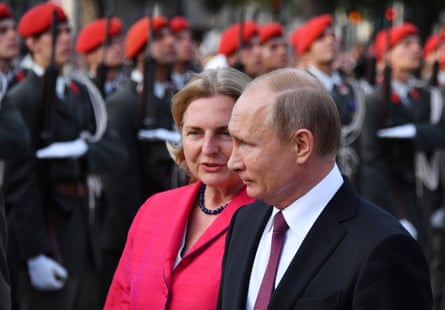
Kneissl was unapologetic. “Those who know me are very well aware that I’m not submissive to anyone,” she told the BBC. Not for the first time, she had trouble understanding why others did not see things as she did. The event was private, she said. The bow, the natural course of action a lady takes at the end of a waltz. The €50,000 (£43,000) earrings Putin gifted her, a generous token that she should of course be allowed to keep.
Less than a year later, Kneissl was out of office, thanks to another scandal over Russian influence in Austria. This time, it concerned the leader of the Freedom party. In 2019, a secret video recording of Strache was leaked to the press, which showed him sitting in a villa in Ibiza with a woman posing as the niece of a Russian oligarch. (Alongside Strache in the video was Gudenus, the former student of Kneissl, who introduced her to the party leader back in 2006.) In the recording, the woman claimed she was interested in buying Austria’s leading tabloid and using it to boost the Freedom party in the run-up to the country’s next elections. Strache listened receptively and said that, in exchange, he could offer her lucrative public contracts.
The story was a major blow to Kurz’s government and Strache quickly resigned. When Kurz sacked the interior minister, who belonged to the Freedom party, to ensure a proper investigation of the scandal, all the government’s Freedom party ministers resigned. Kneissl, though appointed by the Freedom party, reiterated that she was, technically, independent. She briefly clung on, but a month later, a vote of no confidence ended Kurz’s government and Kneissl was out of a job.
After the government’s collapse, Kneissl retreated into herself. “She became very isolated and increasingly sad,” said Margarete Schorn, one of Kneissl’s neighbours in Seibersdorf, who used to drop over her groceries during this period. Money was a problem. Kneissl’s association with the Freedom party and with Putin hindered her return to the world of teaching and journalism. Her short period in office also didn’t qualify Kneissl for a ministerial pension. By the time Covid hit, she was just about hanging on. She applied for Austria’s Covid hardship fund but received nothing, as her previous earnings were too high.
Kneissl’s personal relationships began to fray. She had fallen out with Gehr in 2019 after he allegedly criticised her for being rude to the ministry drivers who ferried her to and from Seibersdorf every day. Her relationship with her husband had also broken down. According to media reports, Kneissl accused him of domestic violence, which he denied.
Kneissl saw her misfortunes as the result of some faceless vendetta against her. In 2020, she left Austria for good, settling in Nîmes in southern France, before moving on again to Lebanon, where she got by with odd bits of lecturing. Eugene Richard Sensenig, an academic and friend of Kneissl’s, recalled her having a group of friends in Lebanon who admired her. However, she was preoccupied, returning often to the way she felt she had been ill treated. Sensenig felt for her. “Women who work hard and want to move up are called bitches, and men are called ambitious – and in her generation she was definitely considered a bitch,” he said. He noted that Kneissl seemed to be held to different standards in other ways: she had been ostracised for her decision to associate with the Freedom party, yet the centre-right People’s party, which continues to be considered part of the respectable mainstream, not only echoes the far right’s rhetoric on immigration and Islam, it has also has twice included it in governing coalitions.
The year she left Austria, Kneissl began to write opinion columns for the state media outlet Russia Today, covering the Middle East, energy and international relations. A year later she was appointed to a lucrative position on the board of the Russian oil giant Rosneft. (There she joined another notable political figure on the board: the former German chancellor Gerhard Schröder.) In 2022, when Russia began its full-scale invasion of Ukraine, Kneissl refused to step down from the Rosneft board, until she was legally obliged to do so when Russia blocked EU citizens from holding executive or board positions.
Her loyalty to Russia was soon rewarded. In 2023, she boarded a plane for St Petersburg after accepting an invitation to head up Gorki. Her new hosts even took the trouble to divert a military plane from Syria to Lebanon to transport Kneissl’s ponies to Russia.
Kneissl is far from the first Austrian politician to maintain a friendly relationship with Putin’s Russia, even after the annexation of Crimea. As one writer quipped, “Austria has not one Gerhard Schröder but many.” The former Austrian chancellor Wolfgang Schüssel sat on the board of Russian energy giant Lukoil. Another former chancellor, Christian Kern, sat on the board of directors of Russian Railways. However, both Schüssel and Kern stepped down from their positions after the invasion of Ukraine. Kneissl, on the other hand, moved to Russia the following year.
It’s easy to see Russia’s appeal to Kneissl: it offers a level of security and prestige she couldn’t find elsewhere. It’s harder to see what’s in it for Russia. “Many European politicians who become part of Russian structures bring with them a network of friendships or influence, but Kneissl was a nobody when she left office,” Shekhovtsov told me. “My hypothesis is that by supporting Kneissl the Russians sent a message to other European officials: even if you’re not very useful at home, there could be a place for you here.”
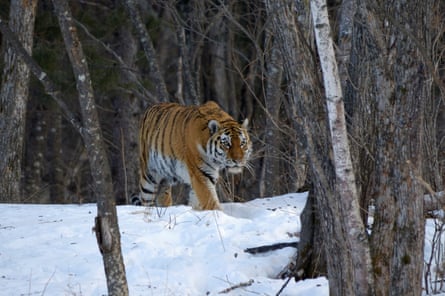
In Russia, Kneissl has found a place for herself. In June 2024, she told a state news agency that the west had plans to break up Russia, “just as the Federation of Yugoslavia was divided”. While the statement was hardly noticed in Europe, in Russia, this was presented as a serious warning from a genuine political insider. “Former Austrian foreign minister Kneissl confirms west’s plans to split up Russia,” was the headline. Other recent headlines include “Putin was right about economy in 2023 – ex-Austrian FM” and, earlier this month, “Ex-Austrian FM tells Russians to drop romantic notions about western Europe”. Last summer, she appeared before the UN to warn against supplying arms to Ukraine.
Former friends and colleagues are conscious that relations with Kneissl have a tendency to be volatile. “I wouldn’t be surprised if she fell out with the Russians and end up in Beijing, or Caracas, or somewhere else,” said one. For now, though, Kneissl seems content. In a recent email, she again declined to be interviewed, but said she has begun rebuilding her life.
Towards the end of last year, she took up her latest role, as an ambassador for the conservation of Siberian tigers, a cause close to Putin’s heart – and to Kneissl’s. State media reported in December that she had spotted a tiger during her recent visit to a national park. In a brief interview, she took the opportunity to draw an unfavourable contrast between European and Russian attitudes to such predators. In Russia, “bears, wolves, tigers are not called ‘problem bears, problem wolves’,” she said. “They are part of life. This is what I call saying yes to life in Russia.”

 10 hours ago
9
10 hours ago
9

